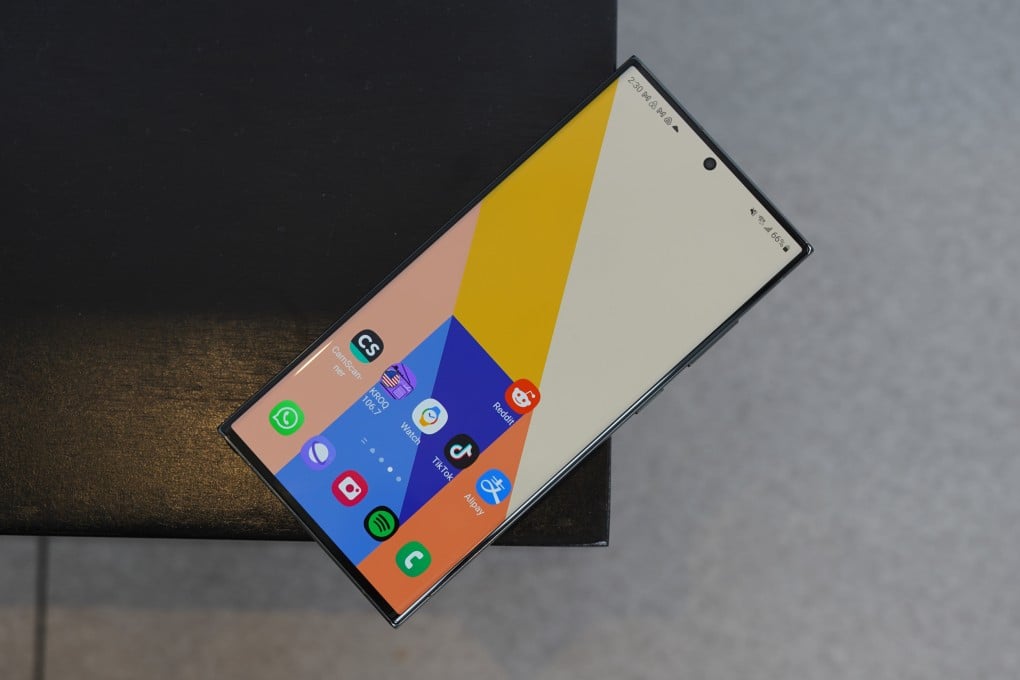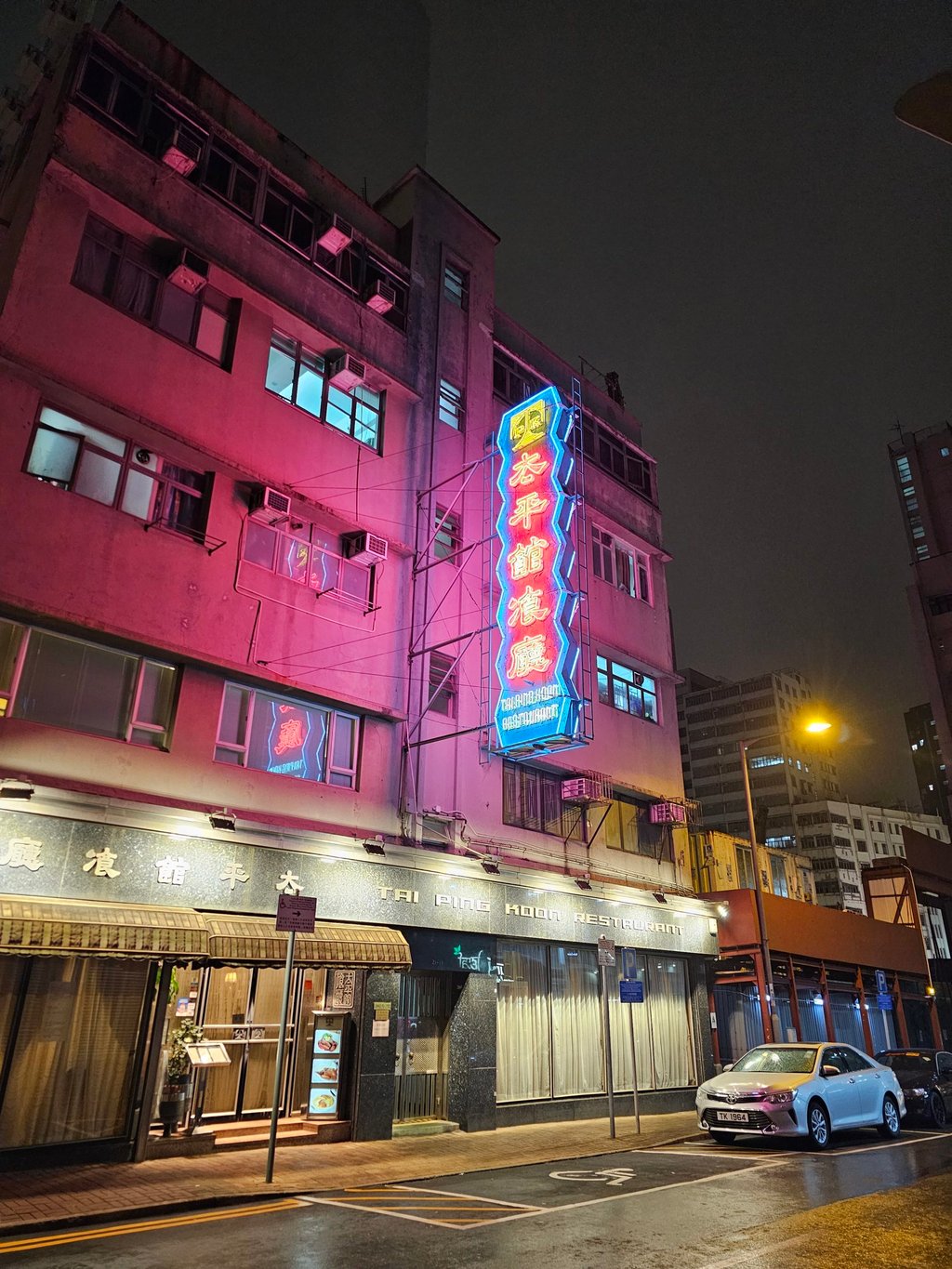Review | Samsung Galaxy S23 Ultra review: a 200-megapixel camera, but is it worth U$$1,199? What the phone does that sets it apart from the competition
- The market leader in Android phones has raised its game with a premium handset featuring a 200-megapixel camera that comes into its own in low-light conditions
- Battery life is good and the display vibrant. If you are looking to upgrade from an older Android phone, the S23 Ultra’s camera could make it a lot of fun

The race to make the smartphone camera with the highest megapixel count is back on. A few months after Apple upgraded the high-end iPhone’s long-standing 12-megapixel camera to a 48-megapixel shooter, Samsung’s newest flagship phone, the Galaxy S23 Ultra, has a whopping 200-megapixel camera.
It’s not the first, Motorola having launched the X30 Pro with a 200-megapixel sensor – from Samsung – in August 2022, but the South Korean firm is the dominant player in the Android phone market and the S23 Ultra’s camera has an updated sensor.
So what can you do with that many pixels – 200 million of them? Let’s find out.
Performance and battery life
Like all modern smartphone cameras, the 200-megapixel sensor here is not really meant to be capturing full resolution 200-megapixel photos. Instead, the phone uses a computational photography trick known as pixel binning that combines multiple pixels’ worth of data into one, creating a “super pixel”.
Most phones, including the iPhone 14 Pro, use four-in-one binning. The S23 Ultra does 16-in-one binning, turning 200 megapixels worth of image information into a roughly 12-megapixel photo.

The extra image information helps create sharper details and better dynamic range. This is most noticeable in low-light situations, where smartphone sensors, being relatively small, need to compensate by using software for sharpening and noise removal.